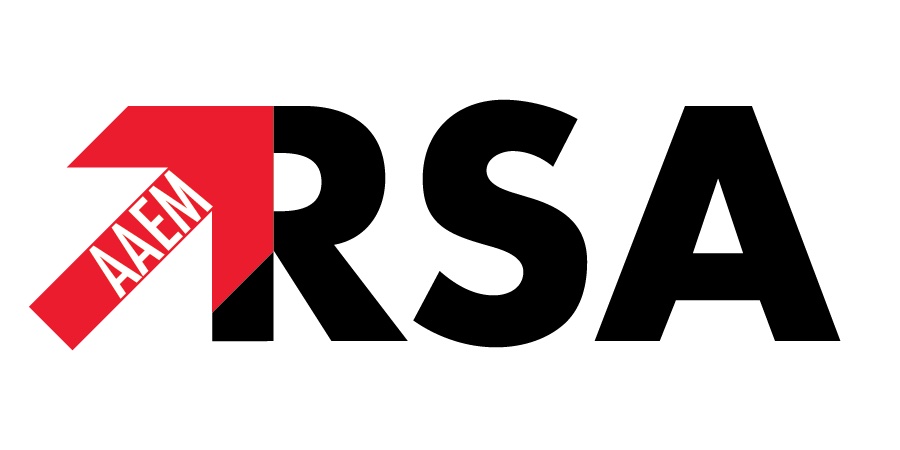Originally Published: AAEM’s Rules of the Road for Medical Students, First Ed. Chief Editors: A. Antoine Kazzi, MD FAAEM MAAEM; Joel M. Schofer, MD RDMS FAAEM
Chapter Summary by: Faith Quenzer, Vice President, Medical Student Council
● Should you do research or other forms of scholarly projects in medical school?
○ Depends on your interests
○ Formal research and publication of a manuscript is highly regarded as the most valuable form of academic involvement and skill
○ Research projects can be presented at conferences
● Is research for everyone?
○ Benefits of participating in research can include:
■ Meeting faculty and residents in the ED
■ Attend a conference to present a poster
■ Publishing potential
■ Demonstrates an interest and commitment to EM
■ Efforts on a research project can also give the principal investigator the opportunity to write a glowing letter of recommendation
■ Meeting faculty and residents in the ED
■ Attend a conference to present a poster
■ Publishing potential
■ Demonstrates an interest and commitment to EM
■ Efforts on a research project can also give the principal investigator the opportunity to write a glowing letter of recommendation
● Are there downsides of doing research in med school?
○ It’s time consuming and hard work
○ May take a year or longer to complete the work
○ Time away from studies
○ May have minimal involvement like data gathering or data entry
○ May not receive credit during publication
○ Poorly designed or executed studies may not get completed or published
○ Well-designed and implemented studies may be delayed in publication for years
● Do you need to do research or scholarly project to get into an EM program?
○ No, most students getting into an EM residency program have not done research during medical school
○ Ongoing research involvement during medical school shows compatibility and potential for continuing interest in academic medicine
○ Residency selection committees recognize that significant research or scholarly activity during med school can be associated with an applicant that will go above and beyond the residency’s clinical rotations to learn about EM
○ Participation in research in med school suggests a higher level of interest in medical scholarship
○ Research may serve as an additional advantage for EM applicants
● Type of research should you do?
○ Clinically-oriented research, unless you have a strong basic science background
○ Pick a topic that interests you
○ Find a research mentor
● What are other scholarly options besides research?
○ Collective review papers
○ Textbook/monograph chapters
○ Curriculum development
○ Newsletter articles: write for Modern Resident!!
○ It is most important to get a faculty mentor for a research project
● Who can you work with?
○ Ask students in classes ahead of you and you can work with other peers to get work published faster
○ Collaborate with your peers who are doing research in EM related topics such as: neuro trauma, orthopaedic trauma, general surgery emergencies, ACS, etc.
○ Consider reviewing the web page of EM residency affiliated with your med school or another school with an EM training program where you can work
○ Work in a closely related field such as trauma surgery
○ Travel over the summer to participate in research projects internationally
● How to get started?
○ Don’t do this on your own
○ Identify an ED faculty member who has already started a project or has an idea that he/she wants to develop
○ Get a mentor!
● Are student research and scholarly projects still valuable, if you are not an author?
○ Yes, you can still be recognized as a contributor in an acknowledgment note on an article or chapter
○ If project is yet to be published, ask for a letter from the Principal Investigator or faculty mentor that outlines your contributions to the project
○ Don’t claim authorship when your role was not so
● Where should you present?
○ Can present your abstract or poster at any of the national EM organization’s regional and annual scientific meetings
■ Have a faculty mentor guide you in the opportunity and submission process

